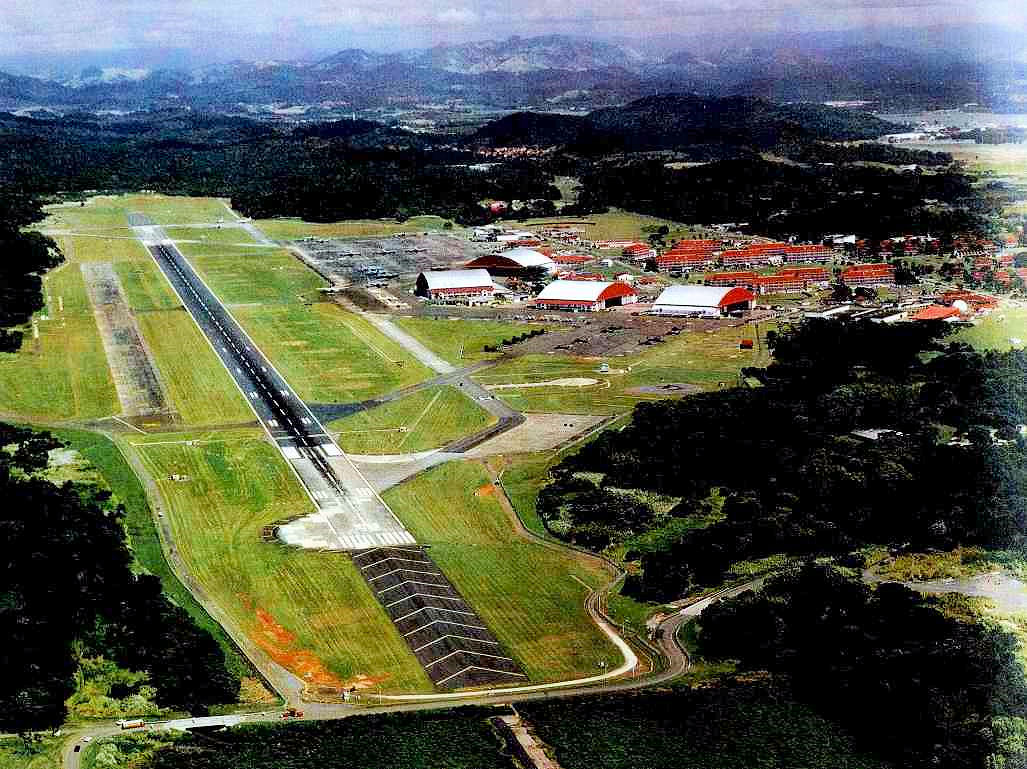U.S. Military Presence at Panama Canal Facilities
Recently, agreement was reached allowing U.S. troops to deploy to facilities along the Panama Canal. The agreement permits military personnel to conduct training and exercises at Panama-controlled sites. However, it does not allow the establishment of new U.S. military bases, which could provoke local opposition. The canal is strategically important as it facilitates 40% of U.S. container traffic.
Historical Context of the Panama Canal
The Panama Canal was constructed by the United States and controlled until 1999. Its transfer to Panama marked shift in regional power dynamics. The canal remains crucial for global trade, influencing economic relations between the U.S. and other nations, particularly China.
Current U.S. Military Strategy
The recent agreement allows a flexible U.S. military presence in Panama. This move is part of a broader strategy to counter perceived Chinese influence in the region. The U.S. aims to reassure allies and deter potential threats to the canal’s operations.
China’s Reaction
China has expressed strong opposition to U.S. military activities in Panama. Chinese officials argue that such actions disrupt regional stability. They have also launched a review of a $23 billion port deal involving CK Hutchison, a Hong Kong-based company, and BlackRock, a U.S. investment firm. This deal is seen as a direct challenge to Chinese interests.
Economic Implications of the Canal
The Panama Canal is a critical artery for international trade. It handles approximately 5% of the world’s maritime traffic. The U.S. administration views control over the canal as essential for national security. Any disruption to its operations could have economic repercussions.
Local Political Dynamics in Panama
The Panamanian government has been navigating pressures from both the U.S. and China. While it seeks to maintain sovereignty over the canal, it must also manage local sentiments regarding foreign military presence. Recent audits of port contracts have revealed potential financial mismanagement, adding complexity to the negotiations.
Future Prospects and Challenges
The future of U.S.-Panama relations remains uncertain. The success of the military agreement and the port deal will depend on diplomatic negotiations. Both the U.S. and China are likely to continue vying for influence in Panama, impacting regional stability.
Month: Current Affairs - April, 2025
Category: International / World Current Affairs







